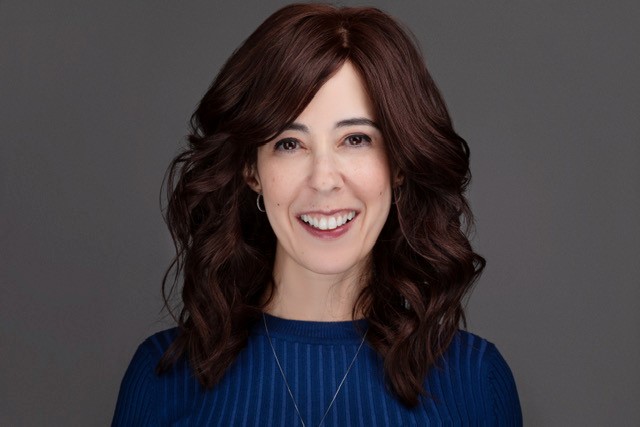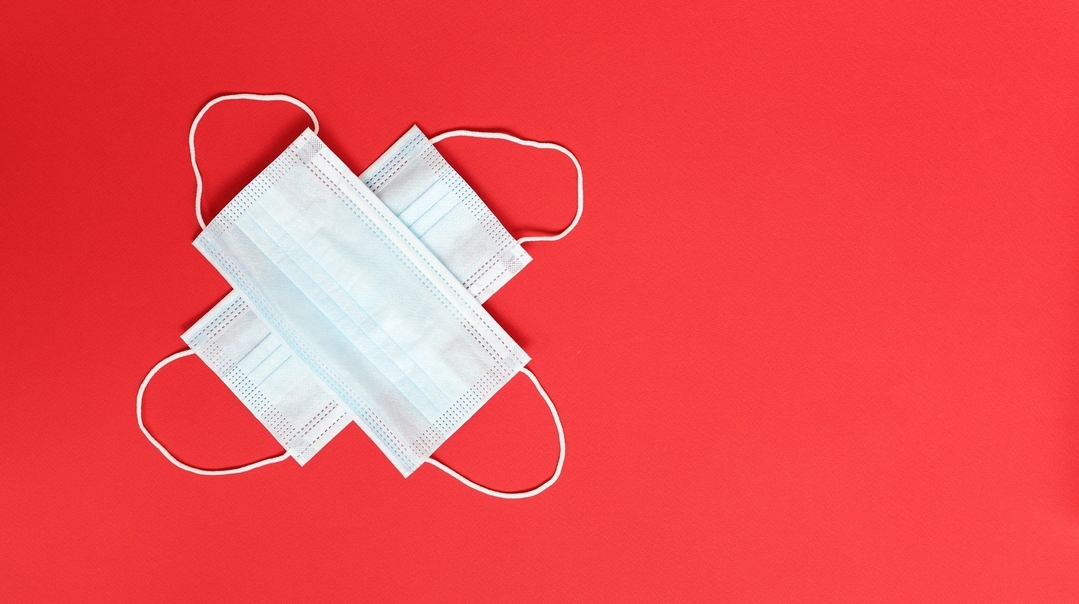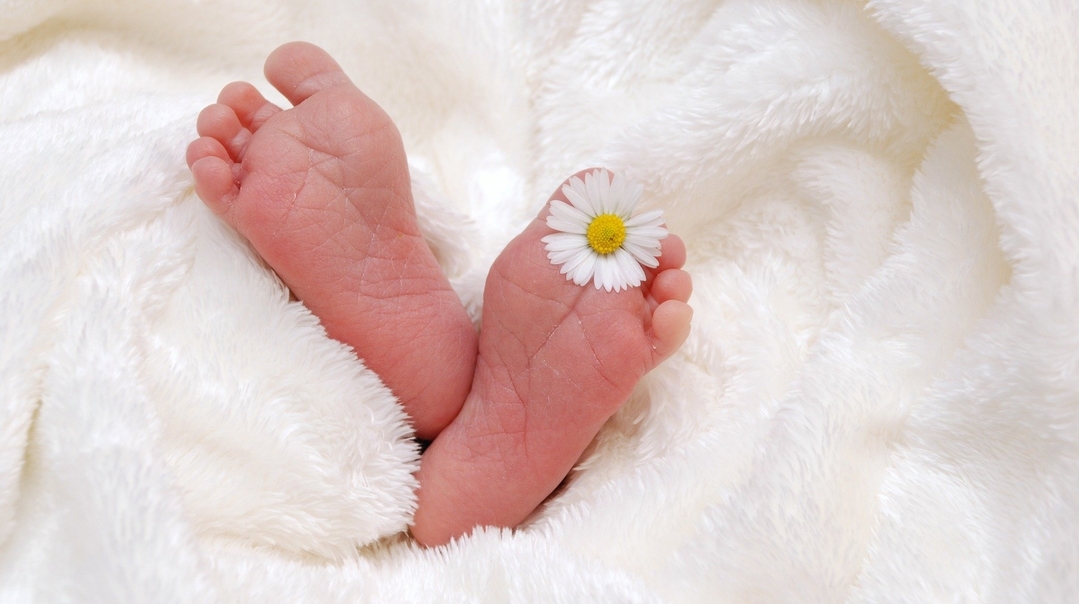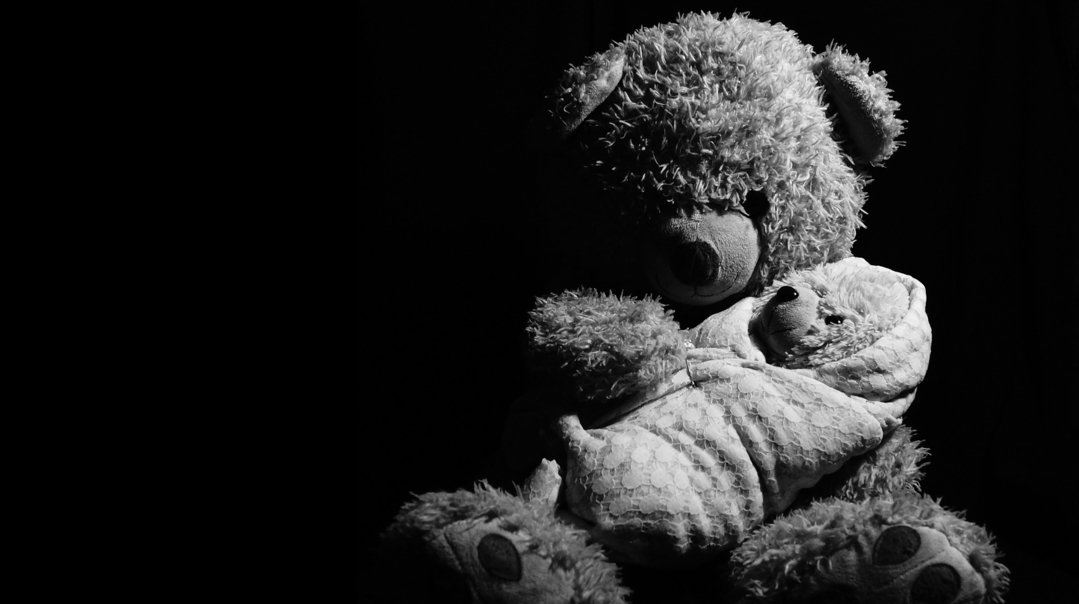One Final Act

They looked comforted and I felt relief for this neshamah’s elevation, yet distraught for my father, who was still hanging between life and death

That night, some of my family sat in a small simchah hall in Boro Park, celebrating the sheva brachos of a relative. And some of my family stood guard at my father’s bedside, in nearby Maimonides hospital, where he’d been a patient on and off for the past 18 months. The juxtaposition of emotions, a microcosm of life cycles.
Our family was no stranger to Maimonides. As one of the first frum families living near the hospital, our home was a headquarters of chesed for many people there. My father’s walk home from shul Friday night always includes a stop to the emergency room to corral some last minute visitors. It was common for us to have ten extra guests for meals, some even staying for weeks at a time.
But now, my father was frail and spent. That night, we knew the end was imminent. There was no longer any discernible brain activity, nor could he be fed, even by G-tube, because his digestive system was shutting down. Maxed out on medication to stabilize his blood pressure, my father’s deterioration was swift.
As the evening wore on, the room filled with family from the sheva brachos. We said Shema and Nishmas, and watched the number on the monitors reveal the impending flatlining of his heart rate.
Suddenly, my father’s pressure stopped dropping. A religious physician’s assistant who was assigned to our family for that shift, was dumbfounded.
Meanwhile, from the room next door, emanated a cacophonous medley of cries, screaming, and harsh words. “There’s no reason for Jewish burial!”
My cousin Leibish ran to see if he could help.
The nurse on call, familiar with the Jewish concepts of sanctity of life and death, solicited his assistance. “Please explain to the family why they should not arrange for their mother’s cremation.”
Leibish asked them what was holding them back. “Ach, it’s so expensive to bury. Why not cremate and be done?” I worked with the chevra kaddisha. A few phone calls and the impediment of an expensive kevurah was out of the way. They acquiesced.
My cousin Leibish quickly returned to my father’s side to report the proceedings. He turned to me: “Gitty, run, go do the preparation for the taharah.”
“But Tatty… I can’t leave!”
“Just go. Once the taharah is started they’re less likely to change their minds.”
I looked over at my father’s bedside. My mother nodded and I left the room. As I did, I was suddenly reminded of Tatty’s acts of kindness: paying for burials of the poor, working to find burial plots for those who had none.
Slowly, and meticulously, I began to work, explaining the significance of each action to the family. They looked comforted and I felt relief for this neshamah’s elevation, yet distraught for my father, who was still hanging between life and death.
Finally, I took off the gloves and the gown. I walked back into my father’s room.
Those present asked how the preparations went: “Arleydigt (is it done?)”
“Arleydigt (it’s done),” I nodded.
We looked over at the monitors.
My father took his last breath.
L’illui nishmas Yosef ben Menachem Mendel
(Originally featured in Family First, Issue 537)
Oops! We could not locate your form.











